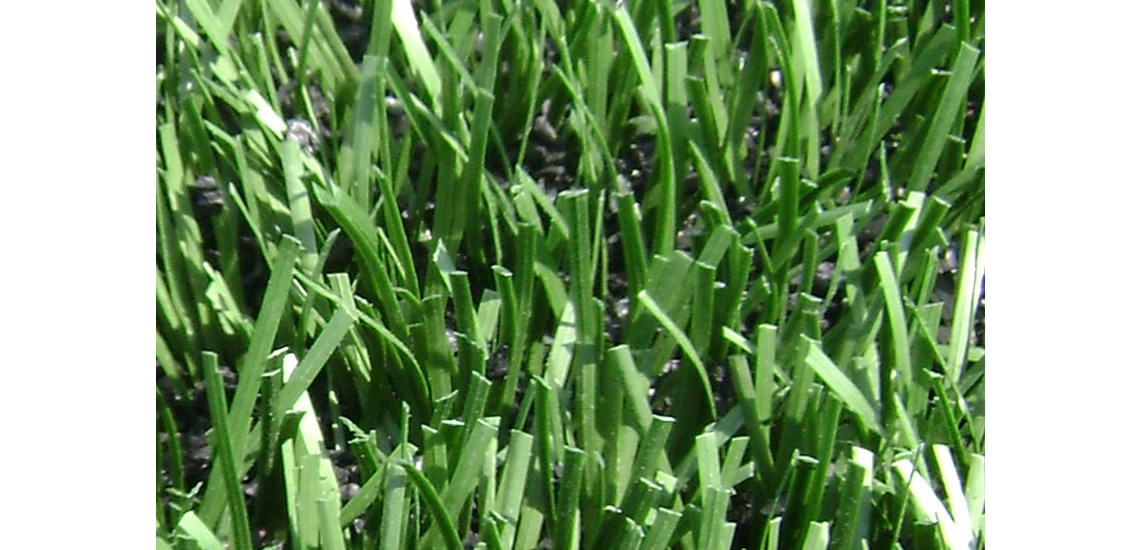When the EC placed a ban on crumb rubber as a microplastic, the UK government said that there were no plans to follow suite in the UK. However, a week is a long time in politics
As a recap, the ECHA Risk Assessment Committee had looked at crumb rubber several times due to its PAH content, and the chemical risk that it exposed user to. The EC, in its wisdom, could not agree to a complete ban on the basis of the chemical risk from crumb rubber as they felt it was not a proven case.
Then the issue of microplastics came up, and if they were going to ban microplastics of 5mm and under, then crumb rubber had to fit that specification and the ban was introduced.
Asked by the Tyre Recovery Association if this was to be followed in the UK, DeFRA responded that there were no plans to ban crumb rubber.
Recently, DeFRA began, through a third-party, a consultation on “intentionally added microplastics” … It is too early to say much about the DeFRA stance on this, it requires the conclusion of the consultation.
However, a report in the various Scottish publications quotes a researcher from the University of Stirling as saying; “Ban toxic 3G crumb rubber pitches in Scotland”.
His report has called for a ban on crumb rubber pitches as a precautionary and preventative measure.
Report author, Professor Andrew Watterson of University of Stirling, said: “We know that many chemicals in the crumb are a hazard. We know it contains substances that are carcinogenic, we know they may be teratogens and cause birth defects.” Yet, he described, the Scottish government as “dithering”.
“Scottish Government and local authorities,” he said, “could act immediately and stop funding the use of crumb rubber infills in new pitches and start planning on using alternative infills as well as increasing natural grass pitch development.”
Entitled ‘Crumb Rubber in Sports Pitches in Scotland: A Case Study: Can Continued Use Be Justified?‘, the study comes after at least eight years of campaigning in the UK for a ban on 3G pitches
For too long, explained Prof Watterson, the focus has been on trying to work out the precise risks to health from the individual chemicals, of which there are many. But, he noted, enough is known about the health and environmental hazards microplastics like these pose to make a ban urgent.
“Industry and sports bodies,” Prof Watterson observed, “appear to be waiting for a UK DEFRA-commissioned evidence-gathering exercise on crumb rubber and microplastics pollution due to report in spring 2025.”
A Scottish Government spokesperson said; “We work closely with Sport Scotland and the Sports Pitch Construction Association and its code of practice which acknowledges the difficulty in trying to balance the health and wellbeing benefits that come from the use of 3G pitches with environmental sustainability factors.”
This comes at a time when the UK tyre recycling industry is under a great deal of pressure due to uncontrolled exports of recovered tyres undermining confidence across the UK recycling sector. The government has the tools to act to help develop a UK tyre recycling industry (in fact all waste recycling) and give the sector a chance of survival in the future. Currently, the UK has an overcapacity to shred tyres, for fuel and other uses, of somewhere around 250,000 tons, according to the Tyre Recovery Association. These under-utilised facilities will, as the TRA’s Peter Taylor says, not be there forever. If they don’t get support, if there is no backing for the industry, it will shut down and we will become reliant on third parties to recycle our waste, and any circular economy ideals can then be forgotten.




















